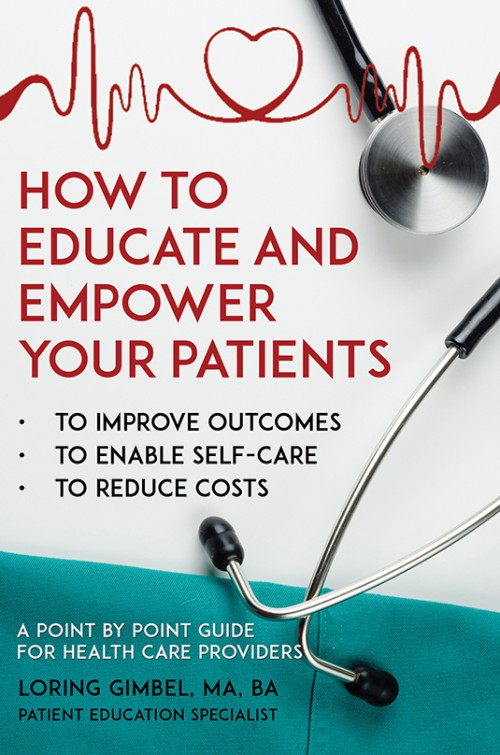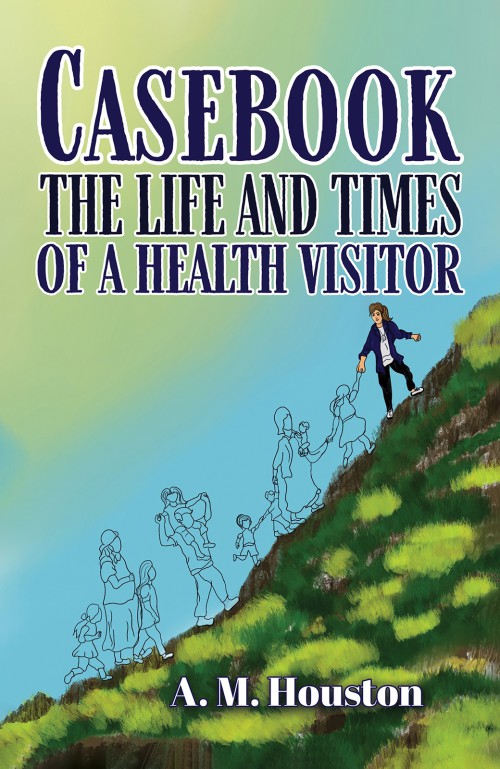This book explains, in non-technical terms, the relationship between man and the many bacteria, viruses and other micro-organisms with whom he lives in the most intimate manner throughout his existence.
It is explained that for the most part, this coexistence is beneficial, but that through evolution and natural selection, some bacteria, viruses and other micro-organisms may become aggressive to the host in which they live and that others may become aggressive as a result of mutation through other species.
This aggressiveness manifests itself through the diseases which afflict man and all that is living.
The cause and nature of those diseases which have been most devastating for human society and which have greatly influenced the course of history are portrayed in this book, as are the means by which the spread of infections may be controlled before they progress to become epidemics and pandemics.












